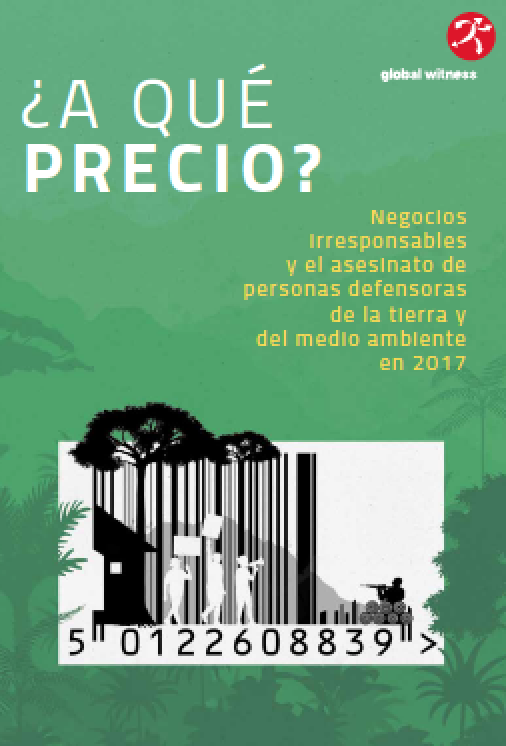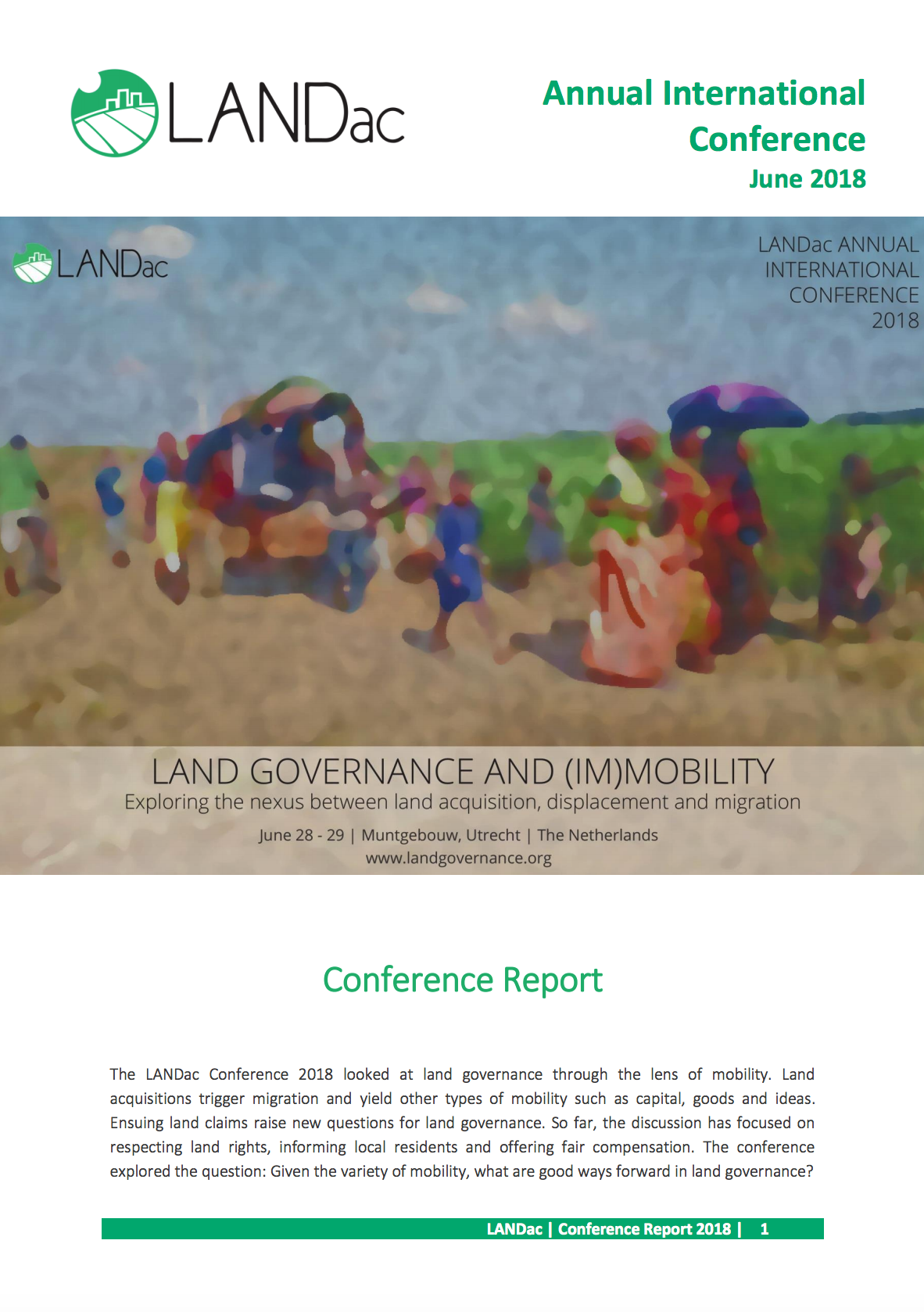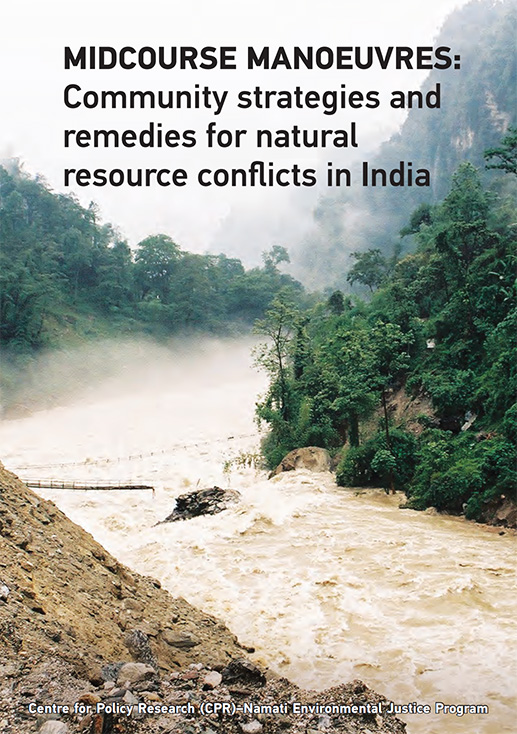Protecting Community Lands & Resources in Africa: Grassroots Advocates’ Strategies & Lessons
In 2013, 20 expert advocates from across Africa gathered for a symposium to share experiences and practical strategies for effectively supporting communities to protect their lands and natural resources. Resulting from that meeting, this book is a collection of case studies and analysis written by and for practitioners, sharing a variety of creative and practical strategies for proactively confronting the forces that undermine community land and natural resource tenure security in Africa.




